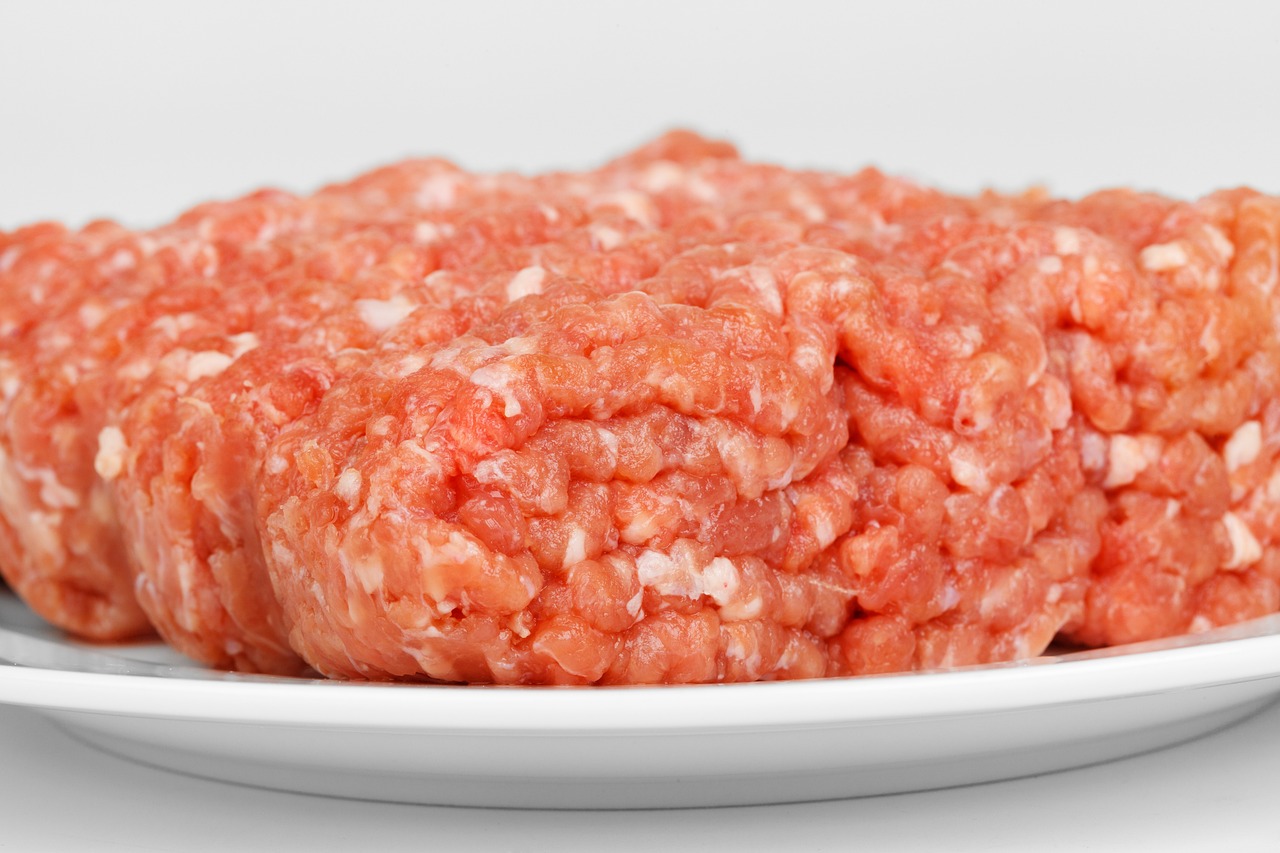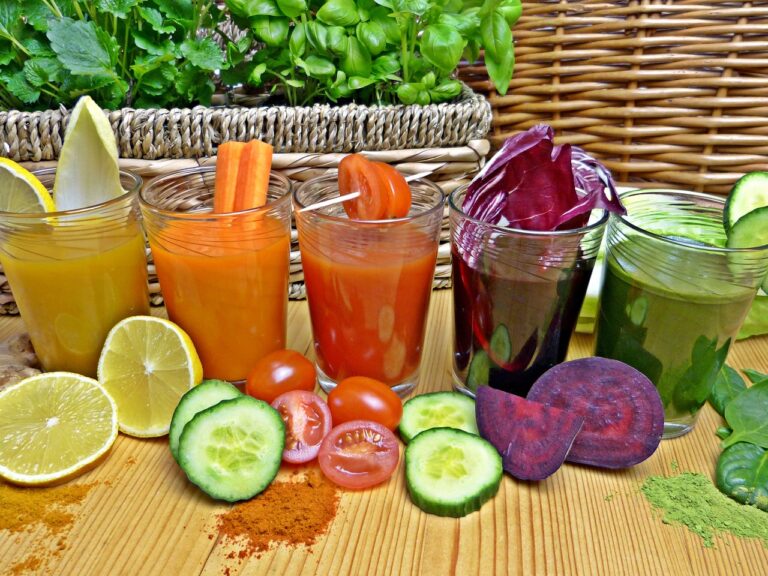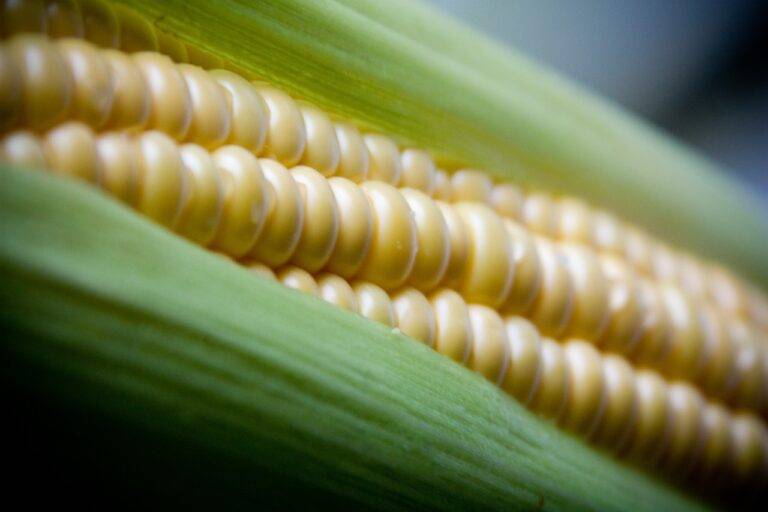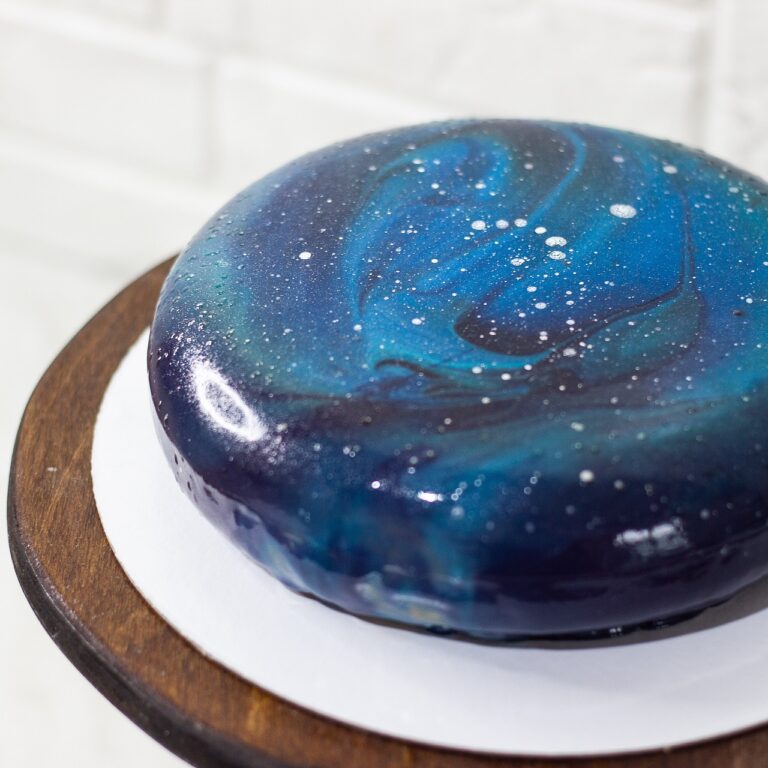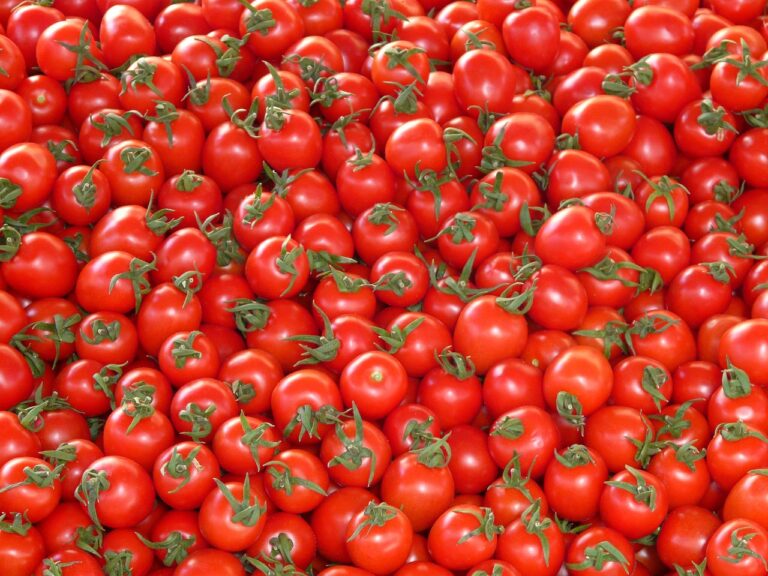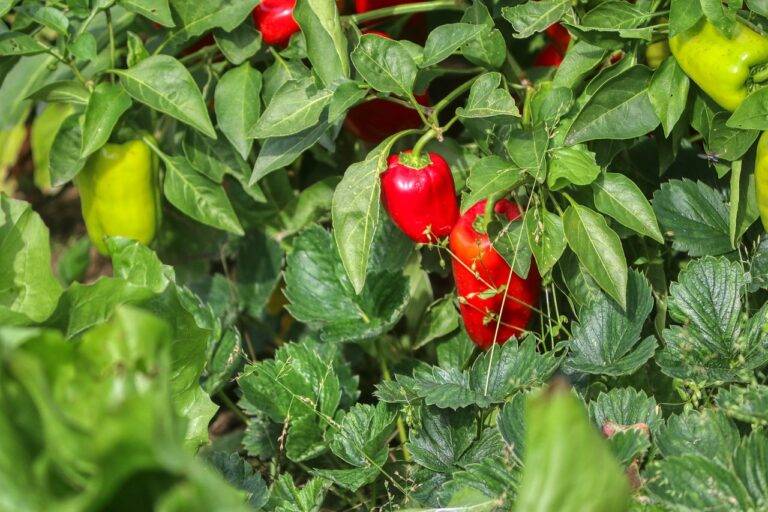The Role of Olive Oil in French Cuisine: Laser 247 new id, Lotus365win, Sky247 com login password
laser 247 new id, lotus365win, sky247 com login password: French cuisine is renowned for its rich flavors and decadent ingredients, with olive oil playing a significant role in many classic dishes. This versatile and flavorful oil adds depth and complexity to French recipes, elevating them to a whole new level. In this article, we will explore the key role that olive oil plays in French cuisine, from its use in cooking techniques to its health benefits and everything in between.
The Essentials of Olive Oil in French Cuisine
Olive oil is a staple in French kitchens, used for everything from saut驮g vegetables to dressing salads. Its distinct flavor profile adds a unique touch to dishes, making them taste authentically French. In fact, olive oil is often considered a key ingredient in traditional French recipes, such as ratatouille, bouillabaisse, and salade Ni篩se.
One of the reasons why olive oil is so beloved in French cuisine is its versatility. It can be used in both savory and sweet dishes, adding richness and depth of flavor. Whether you’re making a classic French vinaigrette or drizzling it over a tart tatin, olive oil is sure to take your dish to the next level.
Cooking Techniques with Olive Oil
In French cooking, olive oil is used in a variety of cooking techniques to enhance the flavor of ingredients. It is often used to saut頶egetables, sear meats, and roast potatoes. Its high smoke point makes it ideal for high-heat cooking methods, such as frying and grilling. Additionally, olive oil can be used as a finishing oil to add a final burst of flavor to dishes.
When using olive oil in French cuisine, it’s important to choose the right type of oil for the job. Extra virgin olive oil is best suited for dressing salads and drizzling over dishes, as its delicate flavor can be easily overpowered by heat. For cooking at higher temperatures, such as frying and roasting, a more robust olive oil with a higher smoke point is recommended.
Health Benefits of Olive Oil
In addition to its culinary uses, olive oil also offers a range of health benefits. It is rich in monounsaturated fats, which have been shown to reduce the risk of heart disease and improve cholesterol levels. Olive oil is also packed with antioxidants, which help protect the body from oxidative stress and inflammation.
In French cuisine, olive oil is often used as a healthier alternative to butter and other saturated fats. Its light and fruity flavor make it a versatile ingredient that can be used in a variety of dishes without overpowering the other flavors. Whether you’re looking to reduce your risk of heart disease or simply add a touch of elegance to your cooking, olive oil is the perfect choice.
FAQs
Q: Can I substitute olive oil for butter in French recipes?
A: While olive oil can be used as a substitute for butter in many French recipes, keep in mind that it has a different flavor profile. In some cases, the taste of olive oil may overpower the other ingredients, so it’s best to use it judiciously.
Q: What is the best type of olive oil for cooking?
A: For cooking at high temperatures, such as frying and roasting, it’s best to use a more robust olive oil with a higher smoke point. Extra virgin olive oil is best suited for dressing salads and drizzling over dishes.
Q: How should I store olive oil?
A: Olive oil should be stored in a cool, dark place away from heat and light. It should be used within a few months of opening to ensure that it remains fresh and flavorful.
In conclusion, olive oil plays a vital role in French cuisine, adding a distinctive flavor and richness to dishes. Whether you’re saut驮g vegetables, roasting meats, or dressing salads, olive oil is sure to enhance the flavors of your favorite French recipes. So, next time you’re in the kitchen, reach for a bottle of olive oil and experience the magic of this versatile and delicious ingredient. Bon app鴩t!

